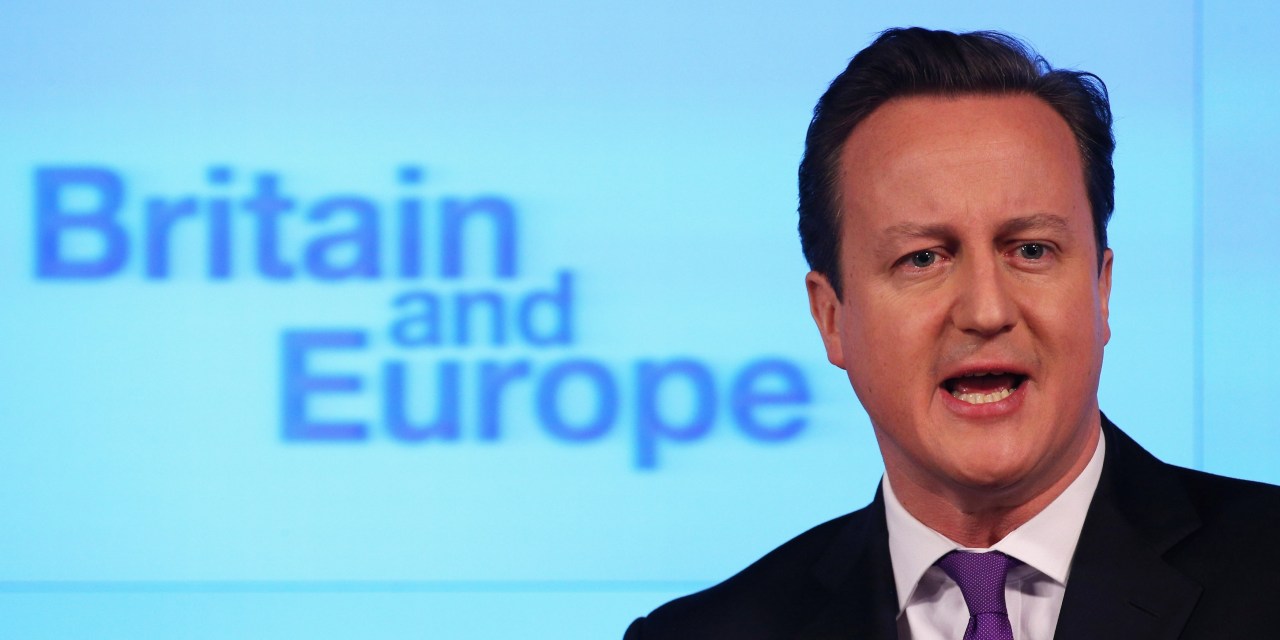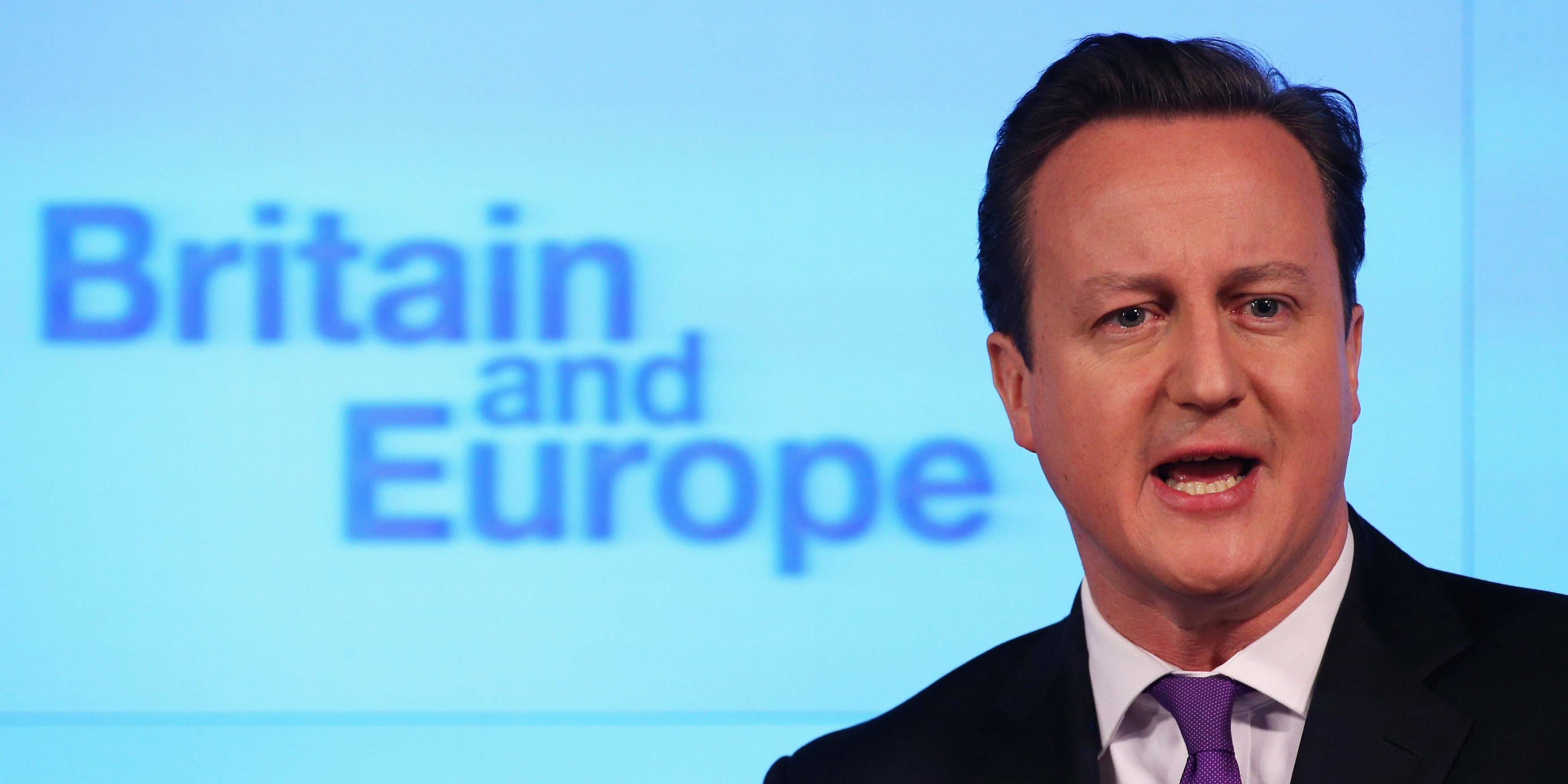At the risk of seeming parochial, I’d suggest that David Cameron’s long-awaited Europe speech and his endorsement of an In or Out referendum has implications and consequences for another referendum campaign closer to home. I suspect he has bought himself some time on the Europe question but this comes at a price. He has made winning the Battle for Britain – to be decided in 2014 – more difficult.
The SNP should be very pleased today. Cameron has demolished a couple of core Unionist arguments. He can no longer credibly point to the unknown uncertainties of Scottish independence. Not when he has embraced, even made a point of celebrating, uncertainty regarding Britain’s membership of the EU. And at Prime Minister’s Questions this afternoon he also appeared to tear down the notion that an independent Scotland would necessarily or automatically have to agree to join the eurozone.
All this is fine as far as it goes. But the price of extricating himself from a euro-hole is digging a fresh Scottish hole for himself. That’s something I talked about in my Think Scotland column yesterday:
I doubt that europe-related questions will determine the outcome of Scotland’s own referendum. Nevertheless, they contribute to the “mood music” playing in the background of the debate. And that explains why Scottish nationalists have reason to be pleased with Cameron’s euro-predicament. The impression that Britain is lurching towards a euro-exit bolsters the idea that it is Westminster, not Scotland, that now lies outwith the mainstream. “Little Englander” is a pejorative, but powerful, label of abuse.
England’s difficulty is Scotland’s opportunity. That is the theory and it carries some weight. Cameron’s British Unionism is threatened by his party’s scepticism of the European Union and it is imperilled in ways that I suspect his party neither appreciates nor much cares about. The sorry truth is that many English Tories care much more about the future of europe than they do about the future of the United Kingdom. The latter may, to put it charitably, be something they simply take for granted. But that complacency poses dangers too since, to put it charitably again, it is something that is liable to offend Scots’ amour-propre. How dare they overlook us or consider us a secondary issue!
The relative weight attached to the arguments over the future of the EU and the future of the UK matters, however, for if the impression is given that the English are, as the saying goes, just not that into Scotland then it cannot be terribly surprising if Scots are tempted to conclude that perhaps they have tired of England too. A Tory party obsessed with europe to the exclusion of other, nearer to home, constitutional issues is not a party best-placed to make an argument for British Unionism. This is an under-appreciated part of Cameron’s euro-dilemma but it is as important as it is under-valued.
Whole thing here. Bottom line: the EU matters more to Tories than the UK seems to.








Comments